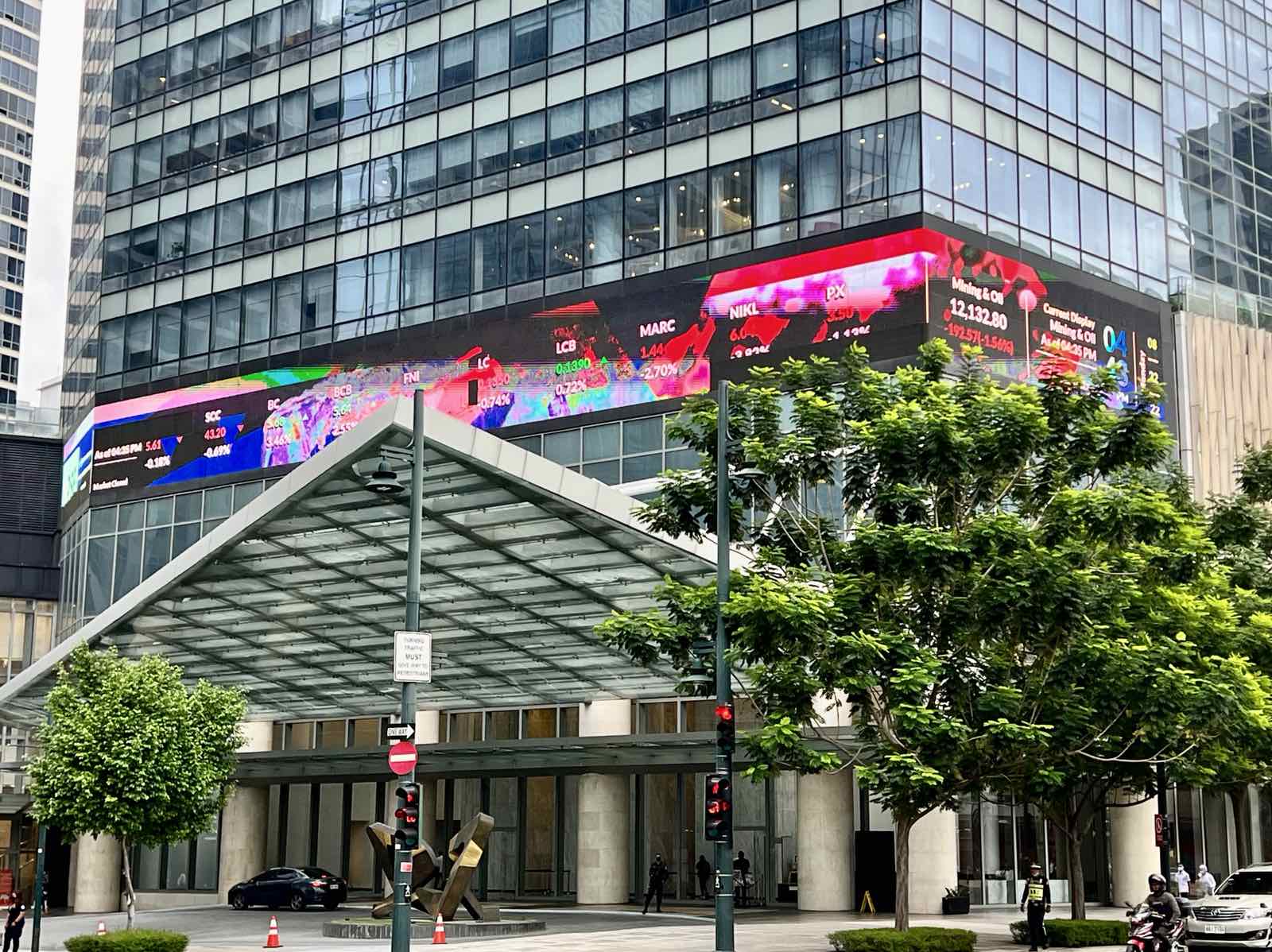
CHINESE officials have hit out at US and European accusations of "overcapacity" in China's electric vehicle (EV) industry in recent days, while Chinese experts believe that playing the "overcapacity" card shows the West's insecurity over China's competitive advantage.
Chinese Commerce Minister Wang Wentao on Sunday hit out at Western accusations of "overcapacity" in China's EV industry, saying that China's advantage is built on innovation, not subsidies, according to China's ministry of commerce.
Chinese Vice Finance Minister Liao Min on Monday also addressed the US accusations of China's "overcapacity" in emerging industries, emphasizing the importance of market adjustments. However, trade protectionism measures are not the solution, he said.
The remarks come as the latest response to recent hype from the United States and Europe claiming that China has "overcapacity" in some industries such as EVs, as they attempt to restrict China's market access and protect their own industries through protectionist measures.
Hype of overcapacity baseless
Wang made the remarks during a roundtable discussion in Paris on Sunday with representatives from more than 10 Chinese companies including BYD and CATL.
Wang rejected the accusations by the US and Europe of "overcapacity" as being categorically groundless. The rapid development of the Chinese EV industry was achieved, thanks to Chinese enterprises' vigorous innovation, the country's supply chain efficiency and free market competition, not subsidies.
China strongly opposes developed economies' overstretching of security concepts and rising protectionism measures in green energy sectors, which will only harm their own interests and infringes on the rights of Chinese companies, Liao said.
Officials from the Ministry of Industry and Information Technology said on Monday that the push for trade restrictions on China's EVs without sufficient evidence not only violates World Trade Organization trade rules but also disrupts the global supply chain, harming the interests of global consumers.
This is not conducive to the development of the global automotive industry and will also hinder their own electrification transformation process, MIIT said.
Chinese experts said that the hype of "overcapacity" and restrictions on Chinese EVs show a protectionist mindset aimed at safeguarding the US and EU's own industries.
The so-called overcapacity of China's EVs is a reflection of the EU's intervention in China's products and shows a trade protectionist attitude, Cui Hongjian, a professor with the Academy of Regional and Global Governance at Beijing Foreign Studies University, told the Global Times on Monday.
"Overcapacity is not a suitable excuse for trade protection, and the definition of the so-called overcapacity is very subjective and lacks market data," Cui added.
China's new energy vehicle production is not experiencing a surplus in capacity, and one reason for this is that the supply of China's EVs largely caters to its own domestic demand, Wu Shuocheng, a veteran automobile analyst, told the Global Times on Monday.
According to data from the China Association of Automobile Manufacturers, in 2023, China's production and sales of new energy vehicles totaled 9.587 million and 9.495 million units, respectively.
Protectionism impedes free market, green transition
At the roundtable, Wang emphasized that the development of the Chinese EV industry has made a significant contribution to global efforts to address climate change and the transition to a green, low-carbon world.
He also called on Chinese EV companies to continue being innovative, deepen cooperation with local companies and contribute to a global green transformation.
In 2023, output and sales of EVs in China reached new highs, helping China's auto exports surpass those of Japan and making China the world's largest car exporter.
The EVs, along with lithium batteries and solar cells, are known as the new "three major items." They have become increasingly important in China's foreign trade and also contribute to global energy transformation needs.
Wu noted that the recent surge in Chinese EV exports is built on advanced design and manufacturing technology, significant advantages in manufacturing efficiency and intelligence level that puts foreign players at least one generation behind.
The EU should not distort China's growth in new-energy exports backed by continuous investment and innovation as "overcapacity." Following this logic, many of the EU's advantageous products would also be considered overcapacity, experts said.
According to Ducker Carlisle, a global consulting and M&A advisory company, Chinese manufacturers claim 8.2 percent of the European electric car market, selling 86,000 battery electric cars.
In comparison, European automakers have a notable presence in the Chinese light vehicle market, accounting for about 20 percent of the market share.
Experts said that excluding foreign products will not only destroy the EU's free market reputation, but will also hinder its carbon goals.
By 2050, the bloc aims to be climate neutral and an economy with net-zero greenhouse gas emissions.
"The contradictory actions of encouraging green transition while setting up barriers through trade protectionism will tarnish the EU's image," Cui said.
Read The Rest at :







